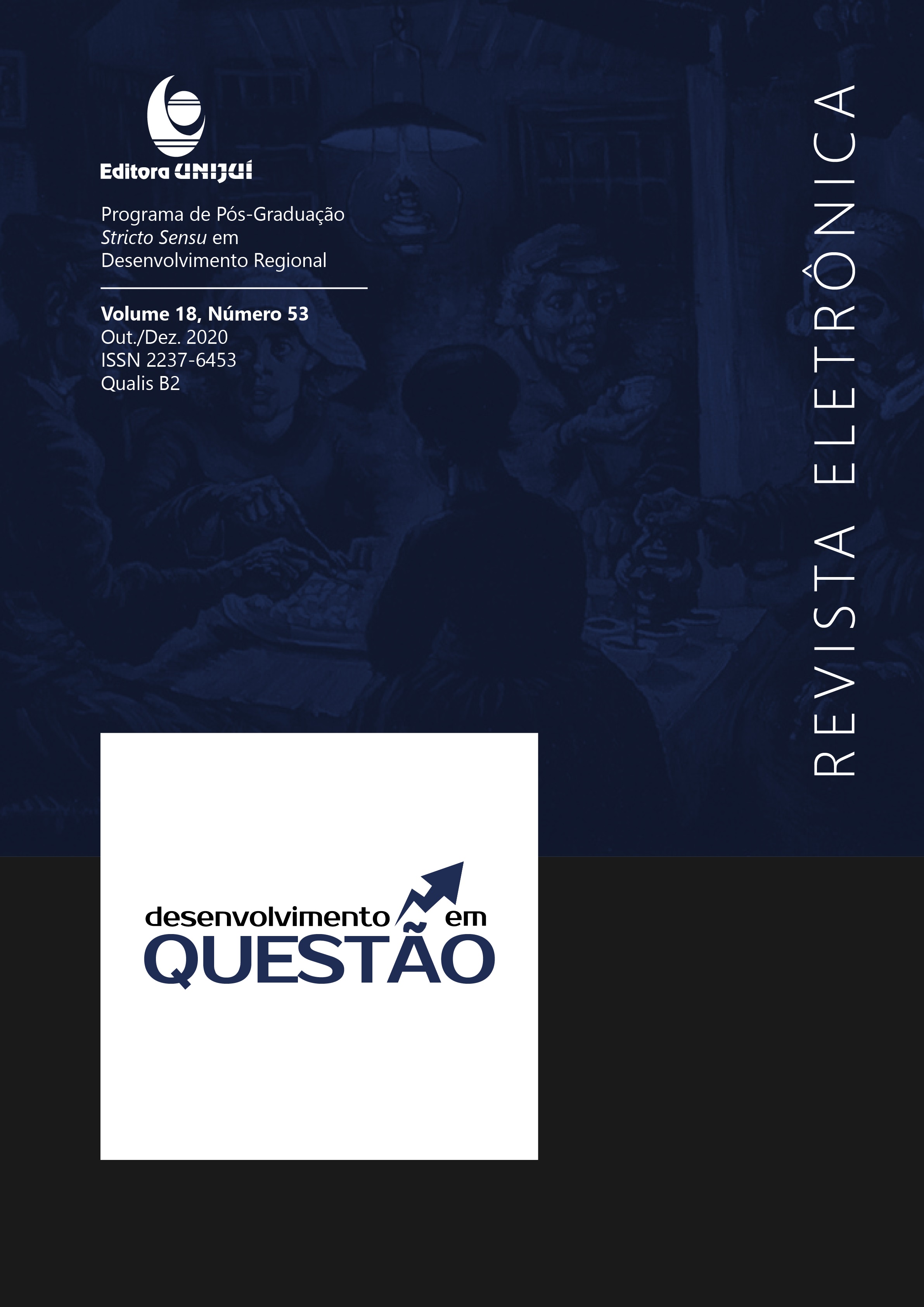O Impacto do Resultado do Banco Central do Brasil para o Cumprimento da Regra de Ouro
DOI:
https://doi.org/10.21527/2237-6453.2020.53.120-137Palabras clave:
Finanças Públicas, Regra de Ouro, Resultado do Banco CentralResumen
A Regra de Ouro, estabelecida no Brasil pelo artigo 167 da Constituição Federal de 1988, teve como objetivo melhorar a qualidade do gasto público, evitando que haja aumento de despesas correntes financiadas com a assunção de operações de crédito. Até o ano de 2000 observa-se no país constante desequilíbrio fiscal, ou seja, os gastos permaneceram superiores às receitas, impactando diretamente no crescimento econômico. Nesse contexto, foi editada a Lei Complementar 101, conhecida como Lei de Responsabilidade Fiscal (LRF), definindo critérios, condições e limites à gestão orçamentária, financeira e patrimonial e implantando novos mecanismos de controle dos gastos públicos. No entanto, a forma como a Regra de Ouro foi implantada no Brasil permite seu cumprimento mesmo com o endividamento crescendo acima dos investimentos públicos. Isso ocorre porque o volume elevado de receitas financeiras de que dispõe o governo federal brasileiro, dentre elas, o resultado positivo do Banco Central transferido ao Tesouro Nacional, contribuem para o seu cumprimento. O objetivo deste artigo é analisar os impactos da transferência dos resultados do Banco Central, no período de 2008 a 2017, no cumprimento da Regra de Ouro no Brasil. As análises sugerem que, em especial a partir de 2010, o repasse do lucro operacional e o repasse decorrente das operações cambiais do Banco Central contribuíram para que o Tesouro Nacional cumprisse o mandamento Constitucional. No entanto, como consequência, o controle do endividamento público e do equilíbrio fiscal restou prejudicado.
Descargas
Publicado
Cómo citar
Número
Sección
Licencia
Ao publicar na Revista Desenvolvimento em Questão, os autores concordam com os seguintes termos:
Os trabalhos seguem a licença Creative Commons Atribuição 4.0 Internacional (CC BY 4.0), que permite:
Compartilhar — copiar e redistribuir o material em qualquer meio ou formato;
Adaptar — remixar, transformar e criar a partir do material para qualquer fim, inclusive comercial.
Essas permissões são irrevogáveis, desde que respeitados os seguintes termos:
Atribuição — Atribuição — os autores devem ser devidamente creditados, com link para a licença e indicação de eventuais alterações realizadas.
Sem restrições adicionais — não podem ser aplicadas condições legais ou tecnológicas que restrinjam o uso permitido pela licença.
Avisos:
A licença não se aplica a elementos em domínio público ou cobertos por exceções legais.
A licença não garante todos os direitos necessários para usos específicos (ex.: direitos de imagem, privacidade ou morais).
A revista não se responsabiliza pelas opiniões expressas nos artigos, que são de exclusiva responsabilidade dos autores. O Editor, com o apoio do Comitê Editorial, reserva-se o direito de sugerir ou solicitar modificações quando necessário.
Somente serão aceitos artigos científicos originais, com resultados de pesquisas de interesse que não tenham sido publicados nem submetidos simultaneamente a outro periódico com o mesmo objetivo.
A menção a marcas comerciais ou produtos específicos destina-se apenas à identificação, sem qualquer vínculo promocional por parte dos autores ou da revista.
Contrato de Licença (para artigos publicados a partir de 2025): Os autores mantêm os direitos autorais sobre seu artigo, e concedem a Revista Desenvolvimento em Questão o direito de primeira publicação.











